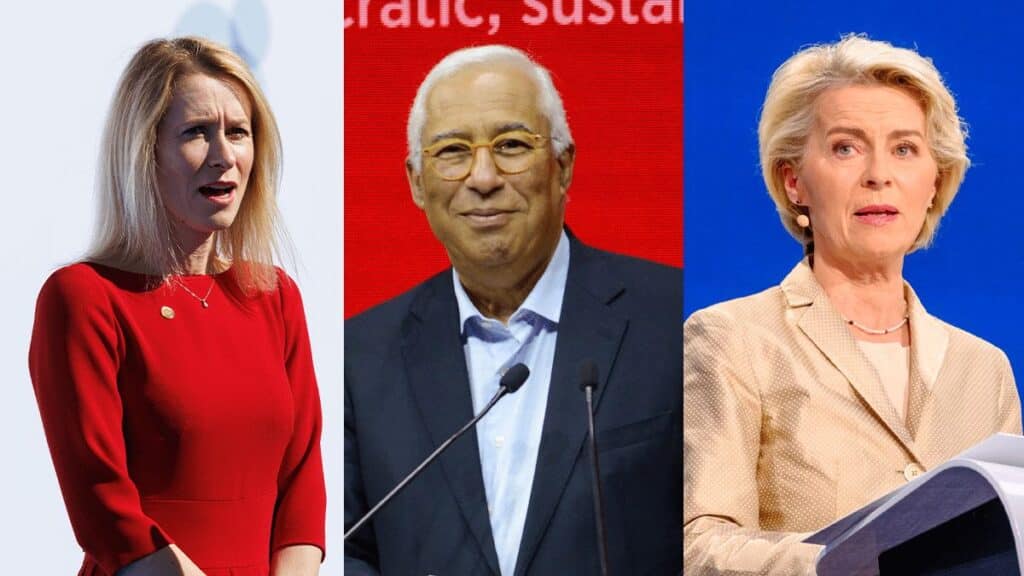The European People’s Party, the Socialists, and the Liberals have agreed to maintain their coalition. They are presenting current European Commission President Ursula von der Leyen for a second term. This strategic decision is pivotal for the future direction of the European Union.
Ursula von der Leyen, who has led the European Commission since 2019, will probably renew for another term. This decision underscores the coalition’s commitment to stability and continuity in the Commission’s leadership. Her presidency has experienced significant initiatives and challenges, including navigating the EU through the COVID-19 pandemic and spearheading the Green Deal.
Antonio Costa to Lead the European Council
As part of the agreement, former Portuguese Prime Minister Antonio Costa is poised to become the President of the European Council. Costa’s leadership must bring a strong, experienced voice to the Council, particularly as Europe faces complex economic and geopolitical challenges. His socialist background complements von der Leyen’s centrist policies, potentially fostering a more balanced approach to governance.
Additionally, Estonian Prime Minister Kaja Kallas will probably assume the role of High Representative for Foreign Affairs and Security Policy. Her nomination signifies a strategic shift, highlighting the importance of Eastern European perspectives in EU foreign policy. Kallas’s leadership is anticipated to enhance the EU’s stance on security and diplomatic matters, especially concerning relations with neighboring regions and global powers.
The agreement reached in the recent videoconference negotiations involved key European leaders. Spanish Prime Minister Pedro Sánchez and German Chancellor Olaf Scholz represented the Socialists, while Greek Prime Minister Kyriakos Mitsotakis and Polish leader Donald Tusk led the discussions for the European People’s Party. French President Emmanuel Macron and Dutch Prime Minister Mark Rutte were pivotal in negotiating on behalf of the Liberals (Renew).
Next steps: EU leaders summit in Brussels
The proposed leadership package, featuring von der Leyen, Costa, and Kallas, will be presented at the upcoming EU Leaders Summit in Brussels. This summit will be crucial for the formal approval and implementation of these leadership roles. This should shape the EU’s trajectory in the coming years.
In conclusion, the coalition’s decision to endorse Ursula von der Leyen, Antonio Costa, and Kaja Kallas for key EU leadership positions reflects a strategic blend of experience, regional representation, and political balance. As the EU navigates future challenges, these leaders have to play crucial roles in steering the Union. Ultimately, stability, growth, and global influence are the main objectives at which the EU must aim.
